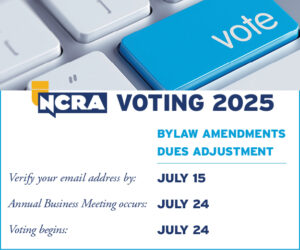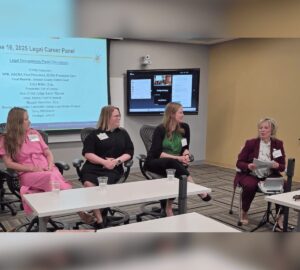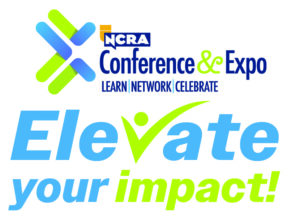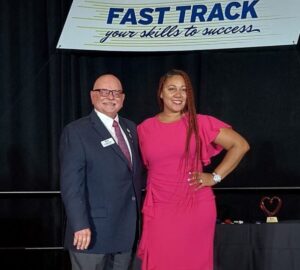My father, Nicholas J. Cinciotta, spent his career as a shorthand reporter. He died on Jan. 19, 2014, eleven weeks shy of his 100th birthday. He grew up in The Bronx, New York, where he finished high school at age 17. The family’s financial hardships during the Great Depression ended Dad’s dreams of college, and he focused on helping the family. A booklet describing the career opportunities of shorthand reporters opened a door. He enrolled in the four-year evening program of Clyde H. Marshall’s Fluency Shorthand Reporting Course in Brooklyn, where he learned the Pitman shading shorthand system of reporting verbatim. (The noshading Gregg shorthand system was not yet fully accepted.) The Pitman system emphasized light touch, flexible finger movement, and minimal motion. Dad gave up his love of baseball to avoid hand injury. After Dad spent two and a half years practicing Pitman drills for five to seven hours daily (and simultaneously taking courses in grammar, law, and medical subjects), Mr. Marshall decided that my father was ready. Late on a Friday evening in November 1933, Dad was offered a job in Washington, D.C., if he could be there by Monday. He managed to do it. His work as a shorthand reporter enabled Dad to keep his family financially afloat for the rest of the Great Depression.
A highlight of my father’s reporting experience was his selection as one of three reporters for the Special Military Commission, which tried the eight Nazi saboteurs who landed, from German U-boats, on the beaches near Amagansett, Long Island, and Jacksonville, Fla. The saboteurs were sent by Adolph Hitler to disrupt the U.S. war effort by blowing up bridges and railroads and undermining the production of tanks and airplanes. With the help of one of the saboteurs, the FBI captured all of them and thwarted their mission. Following the trial, six of the saboteurs were executed and two were deported to Germany. The 1942 trial remained classified for 50 years. Even Dad’s family did not know about the trial until after the Washington Post reported it in 2002, and the Michael Dobbs book Saboteurs: The Nazi Raid on America was published in 2004.
Following his service in the Army during World War II (where he was stationed in New Guinea, the Philippines, and Japan), my father worked for eight years as an official reporter in the United States District Court for the District of Columbia. He was then selected as one of the six official reporters of debates in the United States Senate where he served for 21 years. The reporters deliver a verbatim account of the remarks made by senators on the floor of the Senate, which are then transcribed as the official Senate record and published in the Congressional Record. In the early days of the Senate debates on voting rights and other civil rights, Dad and his colleagues reported filibusters that ran around the clock.
During his years with the Senate, my father served as the official reporter for the inauguration of John F. Kennedy as president. Dad was on the platform near the president to report the proceedings, including the president’s famous inaugural address: “Ask not what your country can do for you; ask what you can do for your country.” The weather was so frigid that day that Dad was concerned that the ink in his fountain pen would not flow, so he wrote the proceedings in pencil. Less than three years later, Dad was the official reporter on the Senate floor when the news of President Kennedy’s assassination was reported to the Senate.
Following his retirement from the United States Senate in 1974, my father continued working as a freelance shorthand reporter, doing mostly depositions, for five more years. He said he became an object of curiosity when he uncapped his fountain pen and wrote on his pad of paper. By then, stenotype, voice-repeating, and direct recording were the methods of writing. Dad’s pen shorthand had become a dying art. He said he retired before he became “entirely fossilized.” He donated his collection of 16 fountain pens to The Smithsonian Institution, where they are in the permanent collection of The National Museum of American History.
My father was a career-long member of the NCRA, and in 2001, he donated to the organization a volume of articles from the monthly Shorthand Reporter from the year 1935.
The three things that mattered most to my father were faith, family, and country. He was blessed to find love twice: first in marriage to my mother, LaVerne Oakley Cinciotta, for 63 years until her death in 2004, and then with marriage to Lydia Evan for eight years until his own death in 2014. He is sorely missed by three daughters, four grandchildren, and four great-grandchildren.
Linda Cinciotta Olguin
Rockville, MD







